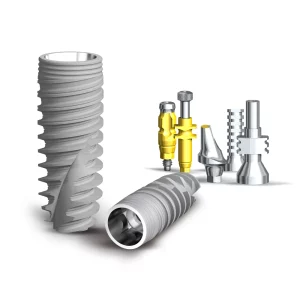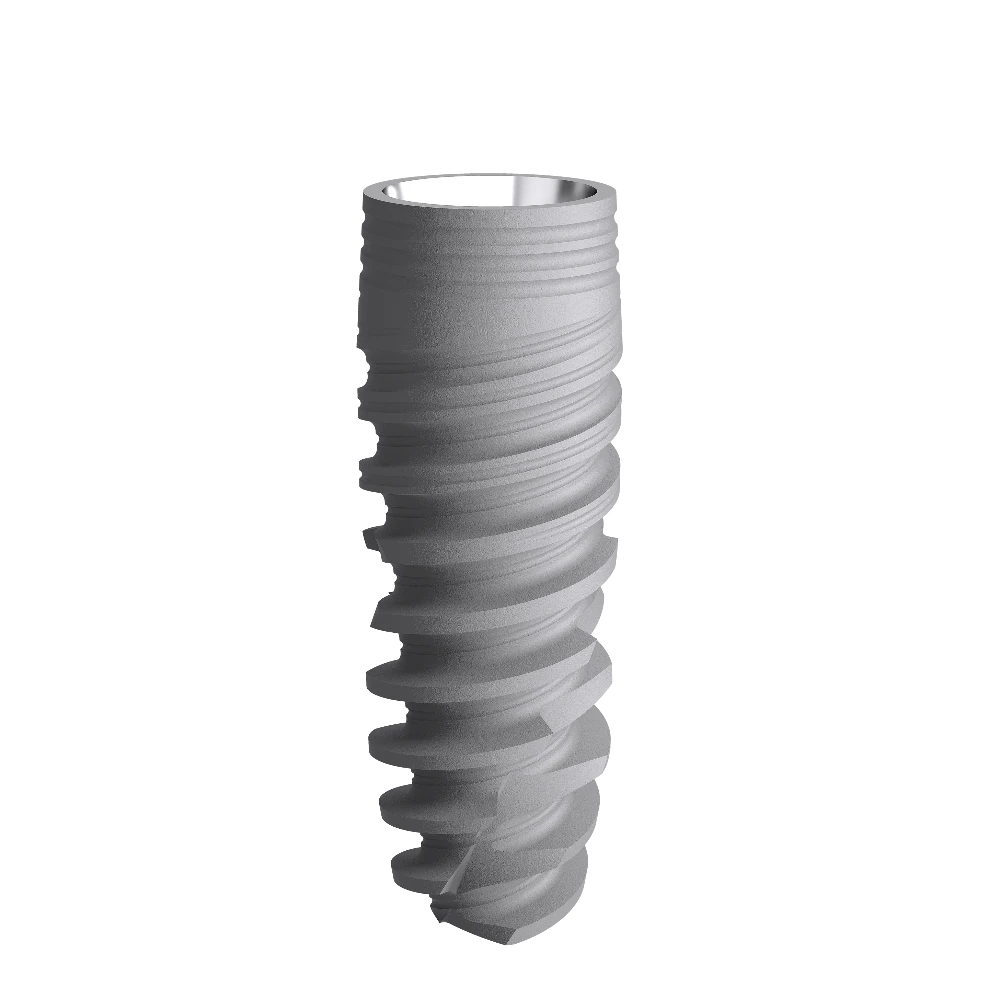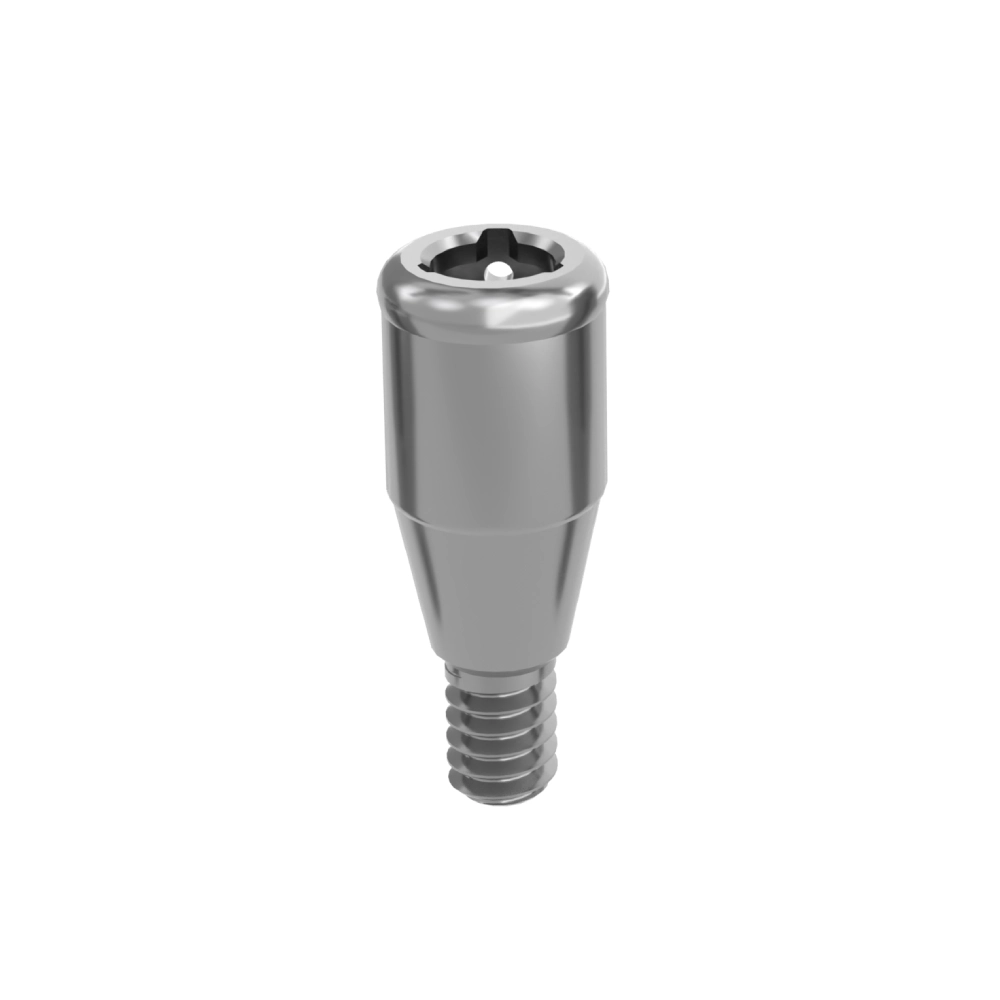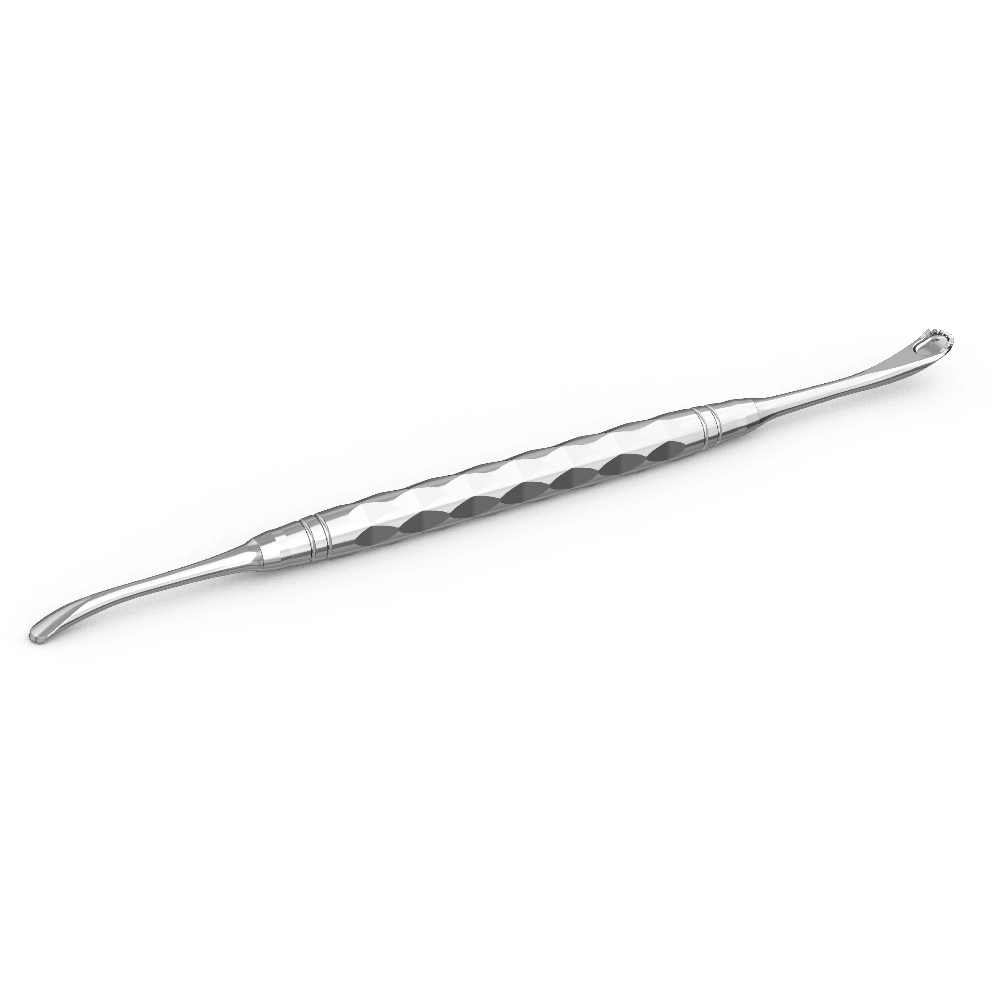Maintaining good oral hygiene and regularly visiting your dental care provider can ensure the longevity of dental implants. Establishing or continuing a daily routine of brushing and flossing, along with adopting a healthy lifestyle, is essential for overall oral health. Since you’ve invested in dental implants, it’s crucial to take proper care of them.
The lifespan of dental implants depends on various factors, including lifestyle choices and long-term oral hygiene habits. Caring for implants is straightforward but vital. Good oral hygiene is not just about the health of your teeth and gums but also key to stabilizing dental implants. Neglecting oral hygiene can allow bacteria to grow around the gums near the implant, potentially leading to infections. Such infections can threaten the surrounding bone tissue, ultimately causing implant failure. Therefore, prioritizing oral hygiene is critical to keeping dental implants stable and healthy.

Tips to Extend the Lifespan of Dental Implants
DentalMaster is committed to assisting you in maintaining optimal oral health; however, daily implant maintenance must be done at home. To ensure your implants and replacement teeth remain durable and long-lasting, you can take the following effective measures:
Post-Operative Care Guide
After undergoing dental implant surgery, we strongly recommend avoiding any hard foods that may damage the implants during the healing process. To ensure stable recovery of the implant, your diet should primarily consist of soft foods during the first 7 days following surgery. Additionally, for the next 12 weeks, extra caution is required when selecting foods to prevent unnecessary pressure or damage to the implant.
The Importance of Flossing and Brushing
The long-term health of dental implants directly depends on how well you care for them, similar to your natural teeth. Fortunately, implant care requires no special treatment—you can maintain their health through regular brushing and flossing just as you would with your natural teeth.
Daily cleaning is crucial to prevent plaque buildup. It is recommended to brush your teeth and use floss at least twice a day. Pay particular attention to the hidden areas around the implant, such as the sides, where food particles and plaque tend to accumulate. Thorough cleaning helps ensure the stability and health of your implants.
You may need to replace your toothbrush after getting implants. A nylon toothbrush is recommended because its soft, gentle bristles will not damage the implant and can effectively clean hard-to-reach areas around it. Avoid toothbrushes with hard bristles, as they can scratch the surface of the implant.
Once your implant is in place, avoid using metal tools for cleaning your mouth, as they can harm the implant. Simply sticking to brushing and flossing twice daily is sufficient for maintaining implant health.
Lifestyle Choices and Their Impact on Dental Implants
The durability of dental implants is not only determined by proper oral care but also by your overall lifestyle choices. One of the most significant factors that can compromise dental implants—and oral health in general—is smoking. Your dentist may evaluate this habit during the initial consultation to assess whether you are a suitable candidate for implant surgery.
In general, avoiding smoking and alcohol consumption is beneficial for overall health, but it becomes even more critical when undergoing dental implant procedures.
It’s important to note that dental implants typically take around 6 months to heal. During this period, smoking poses a significant threat to successful healing. The harmful chemicals in tobacco can interfere with the healing process, increase the risk of infection, and even lead to implant failure. Similarly, alcohol consumption can slow down the healing process, making it advisable to avoid drinking as much as possible during recovery.
To ensure the success and longevity of your dental implants, paying attention to your lifestyle choices is crucial. By avoiding smoking and alcohol, you can create an environment conducive to healing and long-term implant stability. This simple yet impactful change can make a significant difference in achieving lasting results.
The Importance of Oral Health in Overall Well-being
Your oral health is intricately linked to the health of your entire body. It’s a misconception to think that dental implants or oral health can remain unaffected when overall health is compromised. In reality, your body functions as an interconnected system—when one part suffers, it can have a ripple effect on other areas, including your oral health.
To maintain optimal oral health and ensure the stability of dental implants, it’s essential to care for your overall well-being. A proactive approach to health includes:
- Balanced Nutrition: Providing essential nutrients for healing and strength.
- Regular Exercise: Improving circulation and immune function.
- Adequate Rest: Promoting recovery and reducing stress.
- Avoiding Harmful Habits: Such as smoking and excessive alcohol consumption, which hinder healing and weaken the immune system.
By maintaining good overall health, you create an environment that supports oral health, helping dental implants remain healthy and stable for the long term. Remember, your body functions as a whole, and taking care of it holistically is the key to sustained health and happiness.
The Importance of Interdental Brushes in Daily Dental Implant Maintenance
Interdental brushes play a crucial role in maintaining dental implants. These small, precisely designed brushes can effectively reach the gaps between implants to remove food debris and plaque buildup.
By incorporating interdental brushes into your daily oral care routine, you can significantly reduce the risk of gum disease. Gum disease not only impacts overall oral health but also threatens the stability of dental implants. Therefore, using interdental brushes is essential for the longevity of your implants.
Make sure to select the right size interdental brush that fits the space around your implants and use it gently for cleaning. Consistent use of interdental brushes helps maintain the health of your dental implants and surrounding tissues, ensuring their durability over time.
The Importance of Regular Dental Visits for Maintaining Dental Implants
Committing to regular dental checkups and appointments with a hygienist is vital to the long-term health of dental implants. These visits allow your dentist to monitor the condition of your implants and ensure that your replacement teeth receive professional cleaning and maintenance.
It is generally recommended to schedule dental visits at least twice a year, depending on your overall oral health. During these checkups:
Dentists will evaluate the stability of the implants, assess the health of your gums, and detect any potential issues early.
Hygienists will perform professional cleanings to remove plaque and tartar buildup, especially in hard-to-reach areas that regular brushing and flossing might miss.
By combining regular professional care with consistent at-home oral hygiene practices, you can maximize the lifespan of your dental implants. Regular dental visits are essential to ensure the implants remain stable, healthy, and functional over the years.
Remember, consistent checkups and preventive care are key to ensuring your dental implants last a lifetime and contribute to your overall oral health.
Risk Factors Affecting Dental Implant Success and Coping Strategies
Certain pre-existing health conditions, such as uncontrolled diabetes, susceptibility to gum disease, or smoking habits, can negatively impact the success of dental implant procedures. These factors increase the likelihood of complications and may shorten the lifespan of dental implants.
To address these risks and improve outcomes, follow these strategies:
- Choose the Right Dentist: Selecting a skilled and experienced dentist is crucial. The success of dental implants greatly depends on the expertise of the dental professional performing the procedure.
- Maintain Oral Hygiene: Treat your dental implants with the same care as natural teeth. Consistent oral hygiene practices—such as regular brushing, flossing, and professional cleanings—are essential to extend the lifespan of your implants.
- Manage Health Conditions: Work closely with your healthcare provider to manage conditions like diabetes, which can hinder the healing process.
- Avoid Smoking: Tobacco use can interfere with bone integration and healing, increasing the risk of implant failure. Quitting smoking is one of the most effective ways to support long-term implant success.
- Follow Specialist Advice: Prosthodontists, as highly specialized dental professionals, can provide tailored recommendations to ensure optimal long-term outcomes.
By proactively managing these factors and maintaining excellent dental hygiene, dental implants can achieve long-term success, often lasting a lifetime.








